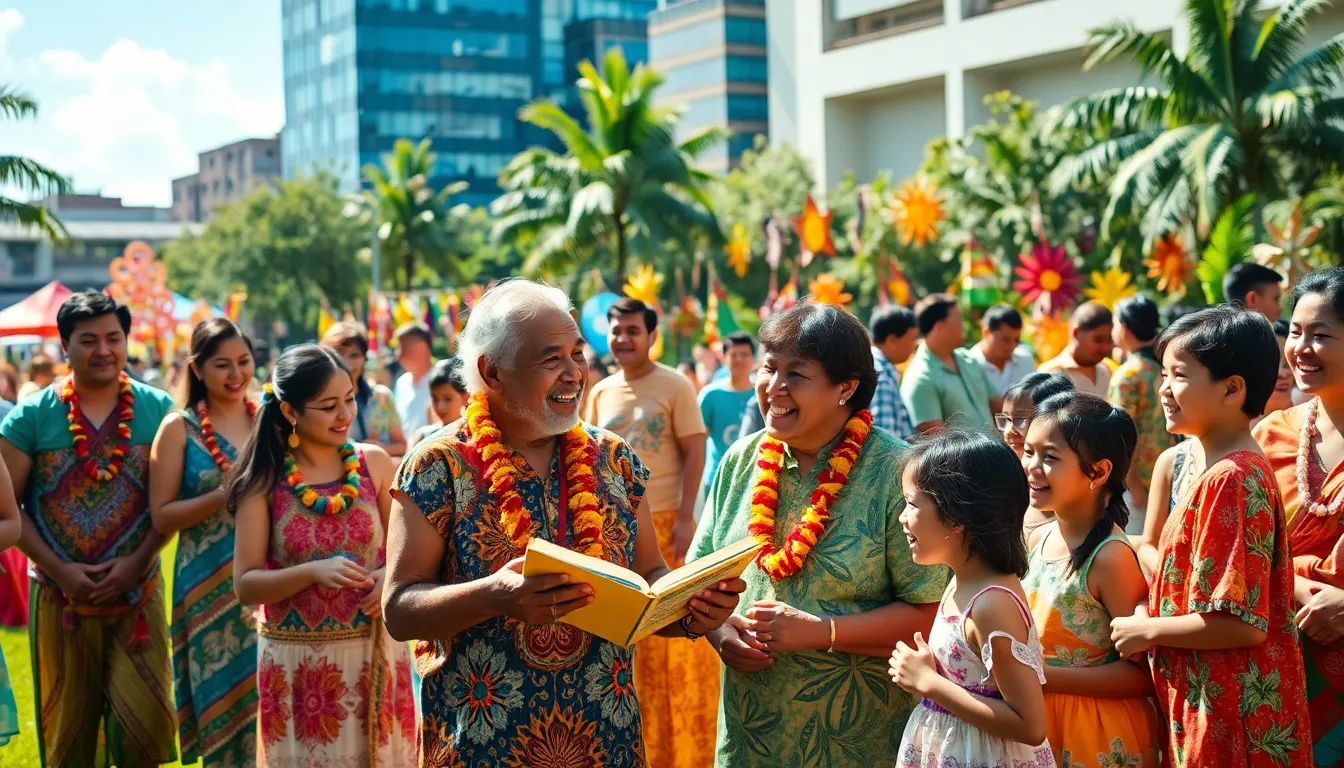Have you ever encountered a term so rich in heritage that it makes you stop and wonder? Enter “Perupalalu”, a word that dances between tradition and mystery. With roots touching various aspects of culture and history, this term offers a cornucopia of significance. So buckle up: we’re diving headfirst into its depths, often with a splash of humor and a whole lot of insight.
Perupalalu

At its core, perupalalu refers to a unique cultural phenomenon primarily revered in specific regions. It embodies community spirit, a celebration of local identity, and, quite famously, the blending of the old with the new. While precise definitions vary, one can think of perupalalu as not just an event, but a living concept, something that evolves while still paying homage to its original ethos. It’s a bit like trying to catch smoke with your bare hands, difficult but undeniably fascinating.
In many ways, perupalalu serves as a bridge. It connects generations of people who have cherished it and will continue to do so, allowing for new interpretations while retaining its essence. If we were to personify perupalalu, it would be that quirky grandparent who tells captivating stories, often with embellishments but always rooted in truth.
Cultural Context of Perupalalu
The roots of perupalalu are intricately woven into the fabric of the cultures where it thrives. Historically, it can be seen as a method of transferring knowledge and values across time. In some societies, this term is synonymous with festivals and communal gatherings, think block parties but with deeper cultural resonance.
To locals, perupalalu is more than a mere tradition: it’s the soul of the community. People engage in storytelling, art, music, and dance, all while paying homage to their shared ancestry. The rhythm of life pulses through these gatherings, reminding one of the importance of cultural preservation. Here, one might quip, “In a world of TikTok dances, perupalalu reminds us to groove to our own cultural beat.”
Traditional Practices Associated with Perupalalu
Diving deeper, we find that numerous traditional practices are associated with perupalalu. These rituals vary across regions, yet they share a fundamental goal: celebrating community and tradition. Most communities involve intricate dances, storytelling sessions, and, of course, an array of delectable food that keeps everyone’s spirits high and bellies full.
For instance, in some areas, people might dress in traditional attire, each outfit telling a story of its own. The sounds of drums and flutes fill the air, propelling participants into a state of joyous abandon. It’s not just a series of events: it’s almost a theatrical performance where everyone plays a role, ensuring that the legacy of perupalalu stays alive and well. You can’t help but think, “What better way to celebrate heritage than with a party that requires dancing shoes and a hearty appetite?”
Myths and Legends Surrounding Perupalalu
No cultural phenomenon is complete without a few tales and legends. Perupalalu is no different, boasting a collection of myths that enhance its significance. Various stories speak of supernatural beings participating in the festivities, intertwining folklore with reality. In one version, a benevolent spirit is said to bless participants with good fortune, if you can manage to catch a glimpse of it while twirling around in your finest garments.
These myths not only add an element of magic but also serve as educational tools. They often communicate moral lessons or cultural values that resonate through generations. In the grand narrative, perupalalu becomes not just a celebration, but a canvas where myths and community come together for a colorful interaction.
Modern Interpretations and Adaptations
As with all things, perupalalu has seen its share of modernization. Younger generations, inspired by the past yet eager for change, have reinterpreted this age-old tradition. Think of it as perupalalu 2.0, the update that meets Instagram’s aesthetic and TikTok’s energetic vibe.
Some communities now incorporate technology, using social media to spread awareness and invite spectators from around the globe. It’s not uncommon to see live broadcasts or digital art accompanying traditional practices. This melding of old and new offers fresh experiences while ensuring that perupalalu doesn’t fade into obscurity. After all, who wouldn’t want to share their vibrant culture with a global audience, all while keeping the essence intact?
The Role of Perupalalu in Community Life
At its heart, perupalalu plays a pivotal role in community life. It acts as a catalyst for social interactions and fosters relationships among community members. Think of perupalalu as the glue that holds people together, minus the awkwardness that often comes with family reunions.
As individuals come together for celebrations, they engage in dialogues, collaborate on projects, and learn from one another. This communal experience not only strengthens ties but also empowers participants to take pride in their heritage. It’s an opportunity to mentor younger generations, ensuring that the lessons of yesterday are not forgotten in a rapidly changing world. Perupalalu, in its many forms, continuously reinforces the idea that while times may change, the importance of community remains timeless.













